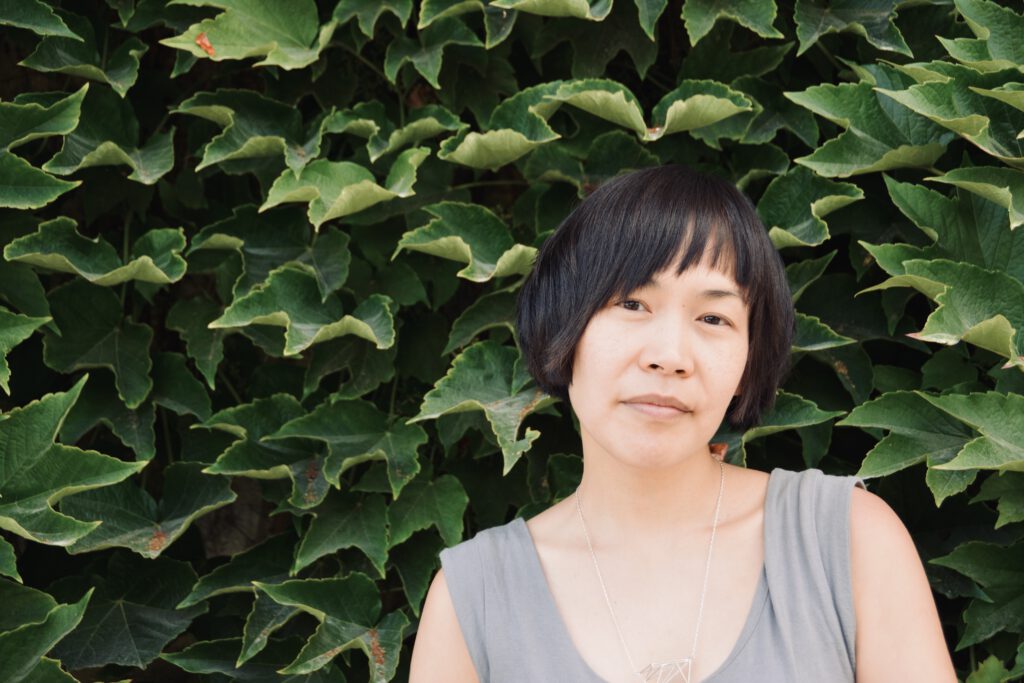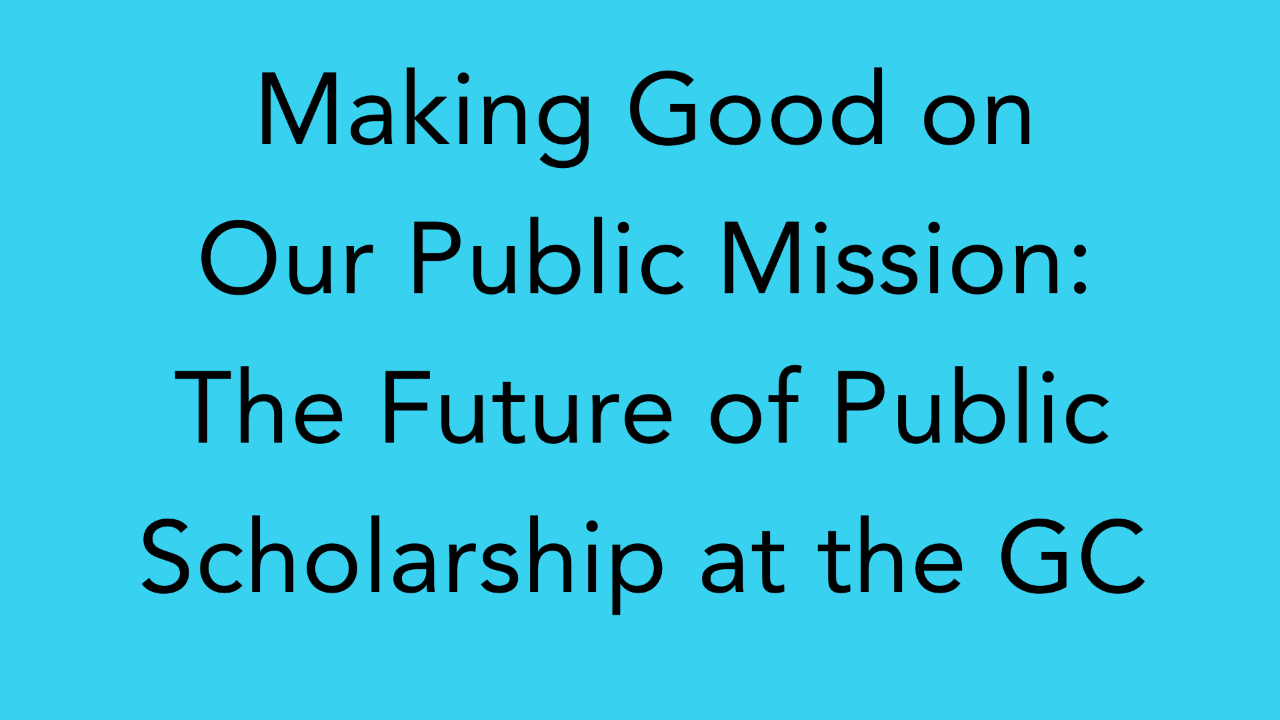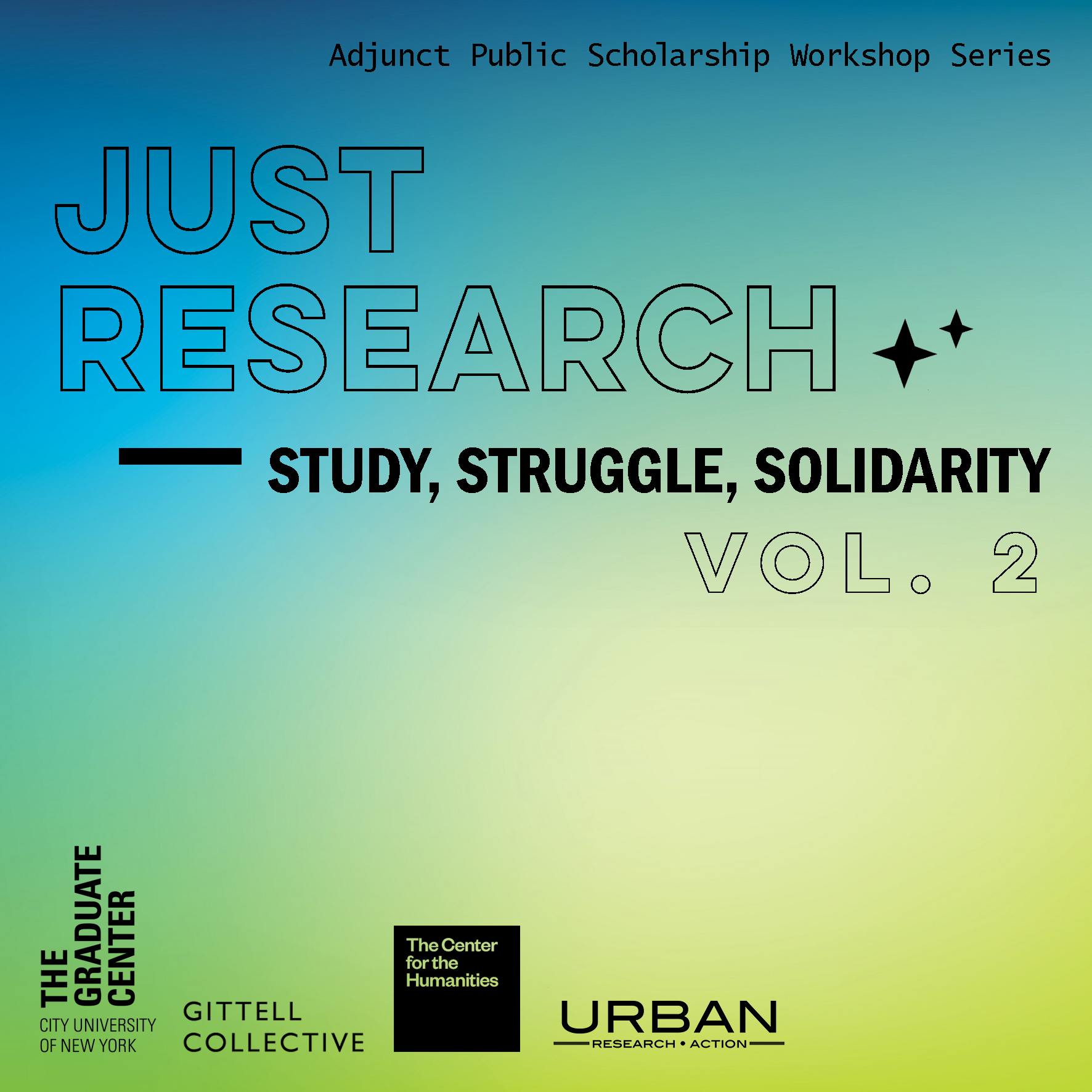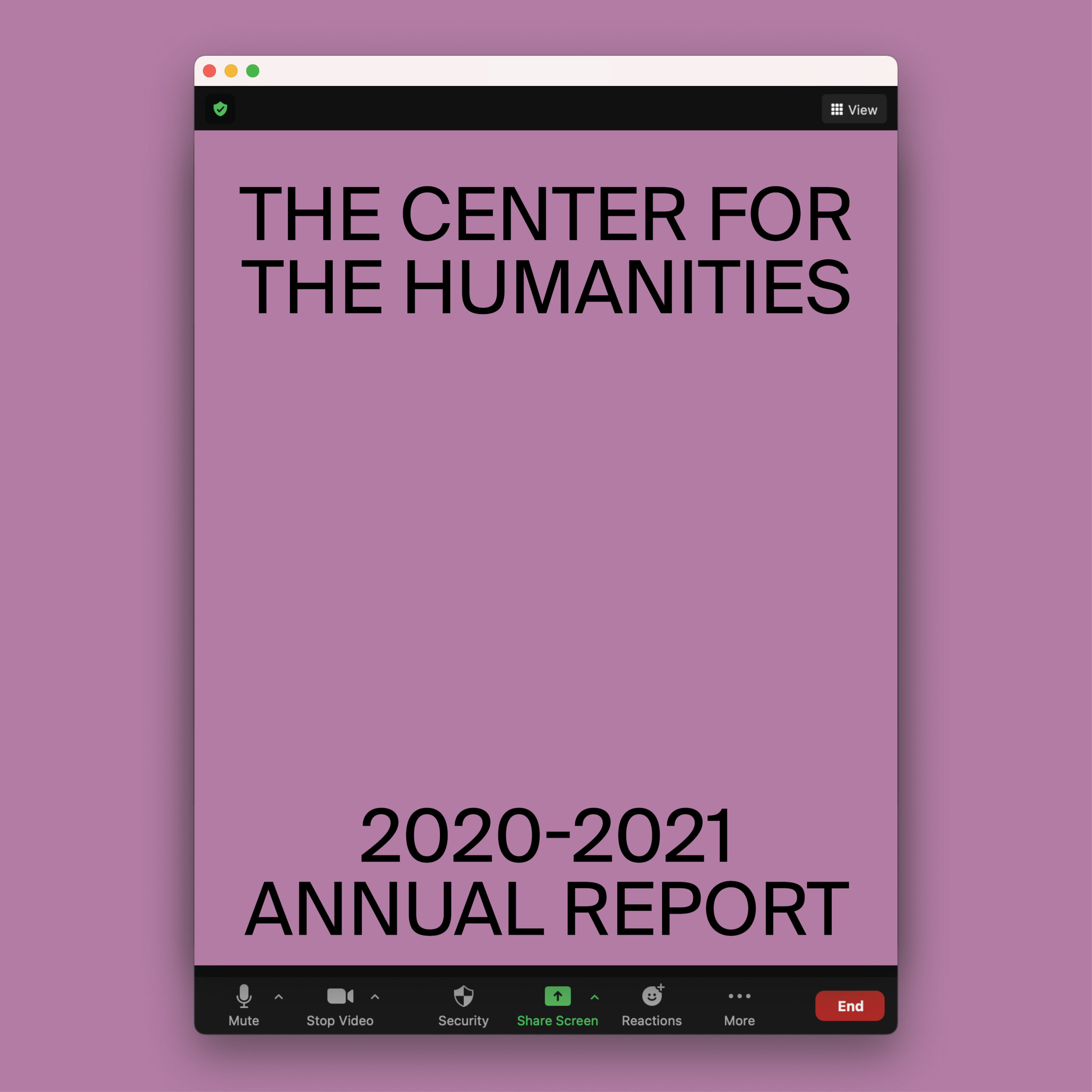Just Research: Study, Struggle, Solidarity
Overview
“Just Research: Study, Struggle, Solidarity” was a short workshop series on conducting public scholarship and democratizing the production of knowledge.
Vol. 1: January 15 – February 3, 2021
Vol. 2: March 11 – April 1, 2022
The workshop took place over 5 weeks, provided $500 as an honorarium upon completion, and was specifically tailored for adjunct instructors in the humanities and humanistic social sciences.
This workshop series aimed to help CUNY Adjuncts to advance research projects (including but not limited to dissertations) that draw upon some aspect of Community-Based Research and related methodologies, such as Participatory Action Research, Appreciative or Asset-Based Inquiry, Collaborative Inquiry, and Practice-Based Research. Such research tackles community problems, with the aim of combining knowledge and action for policy or social change.The survey is now closed but to learn more about the project, or browse our resources, visit our website.
Throughout the series, we will also prioritize our meetings as opportunities to broach typically overlooked or sensitive topics, to share concerns or reservations as well as aspirations related to our work, to support one another and make real progress on our respective projects, and to collectively share insights on negotiating academic milestones, disciplinary boundaries, and austerity in collaborative research.
This course aims to facilitate multi-disciplinary dialogues on theories and principles of community-based research (with special attention to race, gender, and class dimensions), the strengths and limitations of such approaches, and guiding practices and case studies/ models for successful research projects. We have designed this series to support and strengthen the significant scholarly, creative, and pedagogical work of adjuncts teaching in the humanities and humanistic social sciences across CUNY.
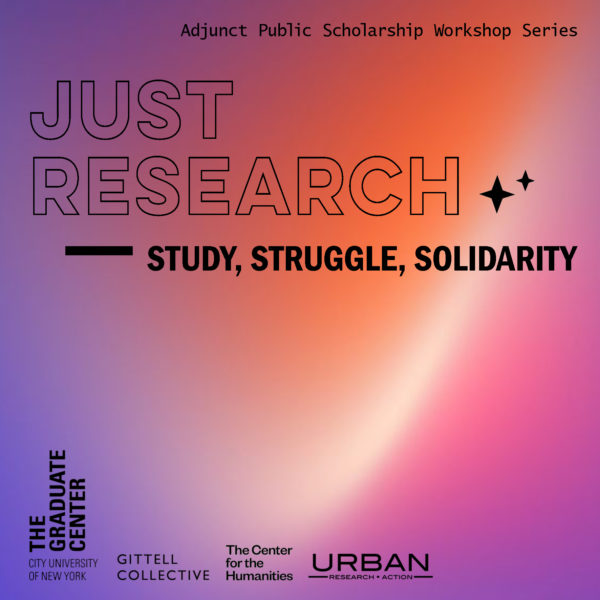
Focuses
Skills and strategies for participating effectively in such research
Navigating issues of rigor and validity in such work
Developing appropriate research strategies and outlines of presentations/ articles/ chapters for dissemination
Building structures of support and room for reflexive work along the way
Frequently Asked Questions
How and why did we develop this workshop series?
This workshop series builds upon the success of the CUNY Adjunct Incubator, a collaborative effort between the Gittell Collective and Center for the Humanities Mellon Foundation-funded Seminar on Public Engagement and Collaborative Research. The Adjunct Incubator project advocates to improve the material conditions of university life and make them more equitable for adjuncts, by supporting the significant scholarly, creative, and pedagogical work of adjuncts teaching in the humanities and humanistic social sciences across CUNY. Providing social, logistical, financial, and professional support for the creation and circulation of knowledge by CUNY adjuncts, this platform promotes the crucial work of part-time faculty across the CUNY community and senior college campuses.
Read more
We were struck by the immense interest in urgent, action-oriented public scholarship among adjunct instructors throughout the CUNY campuses-- including and especially among researchers formally housed in the humanities, alongside those in the social sciences. We developed this workshop series after noting the dearth of courses that emphasize (or even mention) participatory methods and methodologies in social research and the public humanities at the CUNY Graduate Center. Of particular importance is the centrality of ethics and the obligations of public university in anti-racist solidarities and public scholarship.
The first workshop series was led by Professor Celina Su (Environmental Psychology and Urban Education, director of the Gittell Collective) and Kendra Sullivan (Associate Director, The Center for the Humanities). This year will be led by Jaime Jover (Gittell Postdoctoral Fellow in Urban Studies, Environmental Psychology Program at the Graduate Center), Anita Cheng (Film and Media Department at Hunter College & Art Department at Brooklyn College) and Aurash Khawarzad (Earth and Environmental Sciences at the Graduate Center), who participated last year.
What will the workshop series tackle and cover?
Over the past few decades, the involvement of community members in research has emerged as both an explicit goal and a practice in a range of disciplines and fields independently— in education, political science, sociology, anthropology, public policy, public health, arts and design, and development studies (especially international development), among others. It is related to and sometimes alternately called Participatory Action Research (PAR), action research, and critical praxis. Although some researchers characterize community-based participatory research (CBPR) as a set of methods (alongside surveys, interviews, mapping, PhotoVoice, observation, ethnography, etc.), we will focus primarily on PAR as an epistemological standpoint, with a set of questions that spans across disciplines.
Read more
Such an approach explicitly challenges positivist assumptions that universal, stable, ahistorical scientific criteria, data, and truths exist, and that these truths can be best “discovered” through laboratory settings and experimental designs in the social sciences, or through universal criteria for what becomes canonical in the arts. It compels us (researchers who work in the academy) to confront power dynamics in the research process, make our interpretivist approaches legible and explicit, and prioritize community needs alongside institutional, academic ones.
Rather than focusing on specific sets of methods, we will grapple with tensions that arise in projects aimed at producing both “academic” and “actionable” knowledge, with the goal of helping each workshop participant’s research project to make tangible progress. (We will provide resources for participants to get a quick but solid grasp on appropriate methods, if needed.) How should we collaborate with communities in meaningful ways, and co-produce “useful” outputs and knowledge? How do we engage in research that simultaneously critically examines the phenomenon at hand, and reflects commitment to larger social struggles? How do we navigate the logistical, political, and epistemological processes (both in the field and in our academic institutions)? Who owns this data, this knowledge?
Syllabus
Below please find additional information on the weekly workshops in the series. Each workshop session is designed to both question dominant, extractive and colonizing modes of research fieldwork, and ideally, to help participants to enact alternatives, producing useful tools or pieces of participatory research puzzles along the way: a research design outline or methods section, a memorandum of understanding, etc.
1. Unpacking the roots and uses of “participation” in research
Why pursue participatory research, and substantively work with community folks from outside the academy in our scholarship?
Materials
- Wallerstein, N and Duran, B. 2008. The theoretical, historical & practice roots of CBPR. In Minkler, M and Wallerstein, N, eds., Community Based Participatory Research for Health: From Process to Outcomes. Chapter 2, pp. 25-40. [See Minkler Wallerstein PDF.]
- Cornwall, Andrea. 2008. Unpacking ‘Participation’: Models, Meanings, and Practice. Community Development Journal, 43:3, pp. 269–283.
- Appadurai, A. 2006. The Right to Research. Globalisation, Societies and Education, 4:2, pp. 167-177.
- Warner, Michael. 2002. Publics and Counterpublics (abbreviated version).
- Mbembe, Achille. 2020. The Universal Right to Breathe.
- In addition to readings, explore toolkits:
- Community Development Project, Urban Justice Center Research for Organizing Toolkit: http://www.researchfororganizing.org/about-this-toolkit/
- Public Science Project matrix on Participatory Action Research: https://actionresearch.mit.edu/sites/default/files/documents/PAR-Map.pdf
DUE: one-page summary/notes on research project and goals for the workshops. Depending on how far along you are in your project, try to give us either your research puzzle or the different iterations of your “so-what” takeaways
2. Articulating methodologies: Participatory methods and positionality statements
How do we go about this? How do we select specific methods that help us to connect relevant theories and research questions to communities on the ground, and what we are ultimately interested in learning about? How do we articulate our positionalities using these methods?
Materials
1) Stoecker, R. 1999. Are academics irrelevant? Approaches and roles for scholars in Community-Based Participatory Research. American Behavioral Scientist, pp. 840-854.
2) Saltmarsh, Hartley, Clayton. 2009. Democratic Engagement White Paper.
3) Pulido, L. FAQs: Frequently (Un)Asked Questions about Being a Scholar Activist, pp. 341-365, in Hale, Charles, ed., Engaging Contradictions. [See pp. 370-394 of Hale PDF.]
4) Cairns, K. 2011. Ethnographic locations, Chapter 3 of dissertation.
5) Corburn, J. 2007. The Mapping of Local Knowledge. Street Science: Environmental and Community Health Justice, pp. 173-199.
6) Combahee River Collective Statement. 1977.
7) Primers on notions of validity: https://conjointly.com/kb/introduction-to-validity/ and https://conjointly.com/kb/qualitative-validity
IN SESSION: Making decisions on participatory methods:
- Guidelines for Qualitative Research: http://www.qualres.org/HomeGuid-3868.html and http://www.qualres.org/HomeComm-3597.html
3. Navigating ethical dilemmas in participatory research : Institutional Review Boards (IRBs) and Memoranda Of Understanding (MOUs)
What ethical dilemmas can we anticipate and prepare to navigate along the way, as best we can? How do we address tensions regarding power inequalities and our university/ institutional constraints?
Materials
1) Minkler, M. 2004. Ethical challenges for the “outside” researcher in community-based participatory research. Health Education & Behavior, 31:7, pp. 684-697.
2) Coy, M. 2006. This morning I’m a researcher, this afternoon I’m an outreach worker: Ethical dilemmas in practitioner research. International Journal of Social Research Methodology: Theory & Practice, 9:5, pp. 419-431.
3) Fine, M. & Torre, M.E. 2006. Intimate details: Participatory action research in prison. Action Research, 4:3, pp. 253-269.
4) Noorani et al, 2017. “Participatory research and the medicalization of research ethics processes.” Social & Legal Studies, 26:3, pp. 378-400.
5) In addition to readings, to explore:
IN SESSION: Discussion of MOUs
4. Emphasizing action: Impact validity, collective struggle, and policy change
How do we design our research and structure our sharings to amplify impact, to align with movement/ campaign timelines and priorities, and to prompt action?
Materials
1) Sandwick, T., et al. 2018. Promise and Provocation: Humble Reflections on Critical Participatory Action Research for Social Policy. [See “Special URBAN issue” PDF, pp. 37-66 of PDF.]
2) Wyly, E. 2009. Strategic positivism. Professional Geographer, 61: pp. 310-322.
3) Massey et al. 2013. Introducing Impact validity.” Journal of Social Issues, 69,4, pp. 615-632.
4) Kelley, R, et al. 2016. Black Study, Black Struggle. Forum in the Boston Review.
IN SESSION: Discussion of individual projects
5. Reflecting on analyses and sharing our research : Plans of dissemination
How do we disseminate our findings? What sorts of multiple products and multiple audiences do we wish to prioritize and focus on, both within and outside of academia?
Materials
1) Neale, J. 2008. Ranting and silence: Contradictions of Writing for Activists and Academics, in Heidi Armbruster & Anna Lærke, eds., Taking Sides: Ethics, Politics, and Fieldwork in Anthropology. Berghahn Books.
2) Davis, D. and C. Craven. 2016. Feminist Ethnography, Chapter 6, pp. 121-143.
3) Chen, K. 2016. Navigating the descent: Getting ethnographic research into print. Draft shared with permission.
4) In addition to readings, explore Humanities for All projects:
https://humanitiesforall.org/projects/humanities-responders
IN SESSION: Discussion of Humanities for All (especially Angeles Donoso Macaya’s work)

